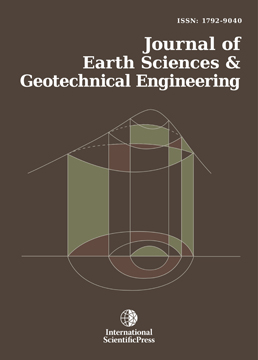Abstract
Black carbon is mainly emitted by any combustion process: road traffic, wood and coal burning, shipping and various industrial combustions. Given, among others,the health effects of air pollution, and that BC is a good tracer and its sanitary impacts, monitoring of BC at various scales (remote, rural, urban and traffic) has nowadays become widespread. The present study uses long-term BC measurements in Metz (East of France) to determine the contribution of the two main sources, traffic and wood-burning, and their seasonalities. Wood-burning, in 2015, could represent up to 25% of BC during cold months. In paralell, a comparison with measurements at a rural background site located 80 km South-West of Metz during March 2015 helped to assess the role of background concentrations to urban air quality during an intense haze pollution event. Finally, a model evaluation was performed at both sites and showed an air-mass dependence on the performance of the model.
Keywords: Black Carbon, sources, origin, model
 [ Download ]
[ Download ]
